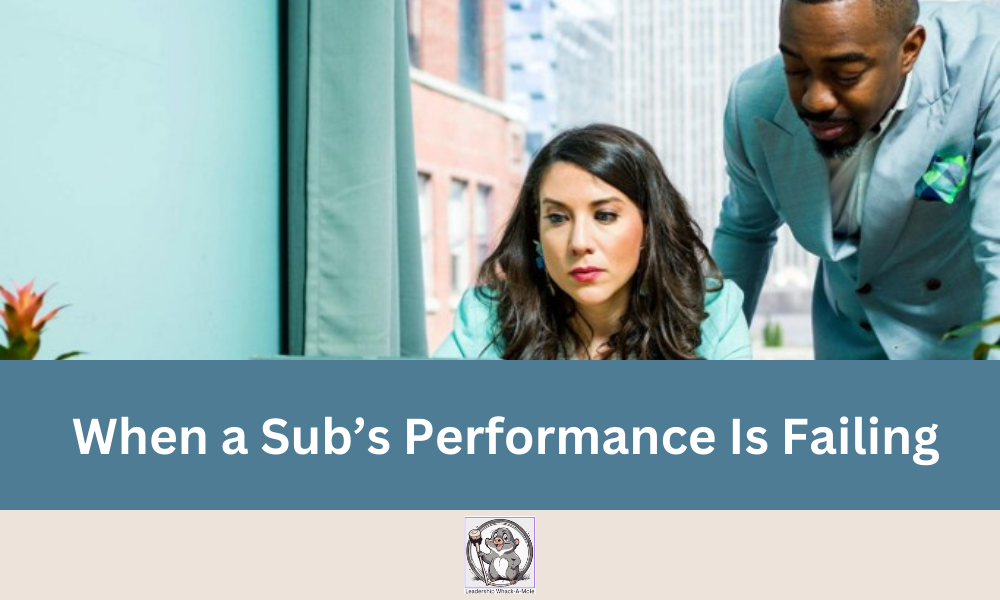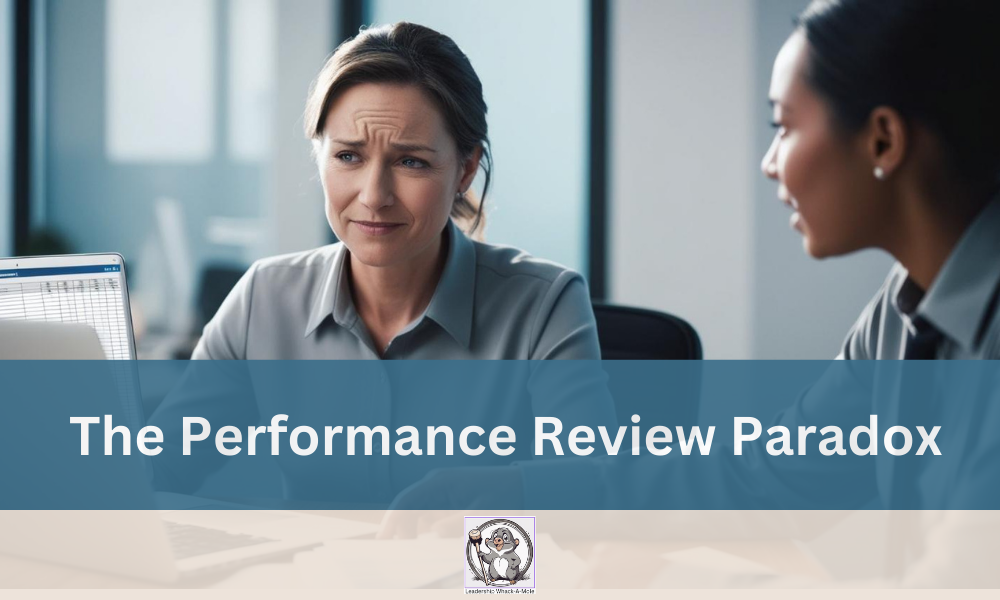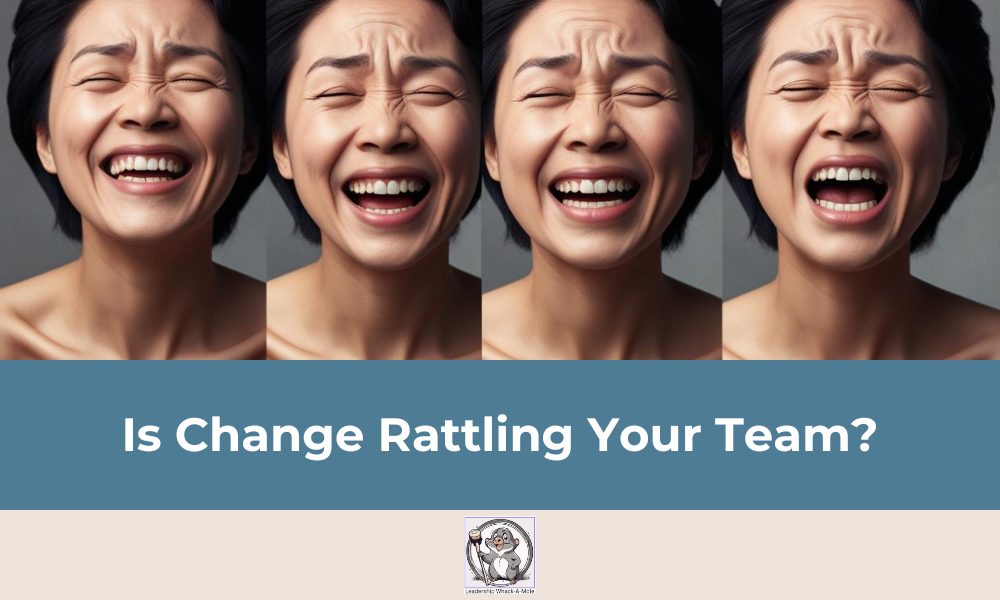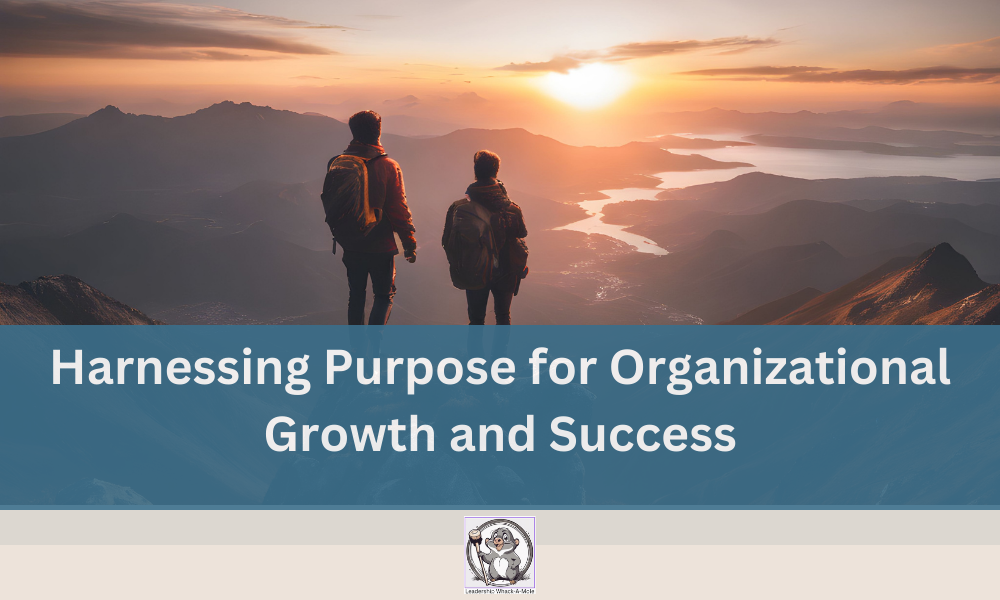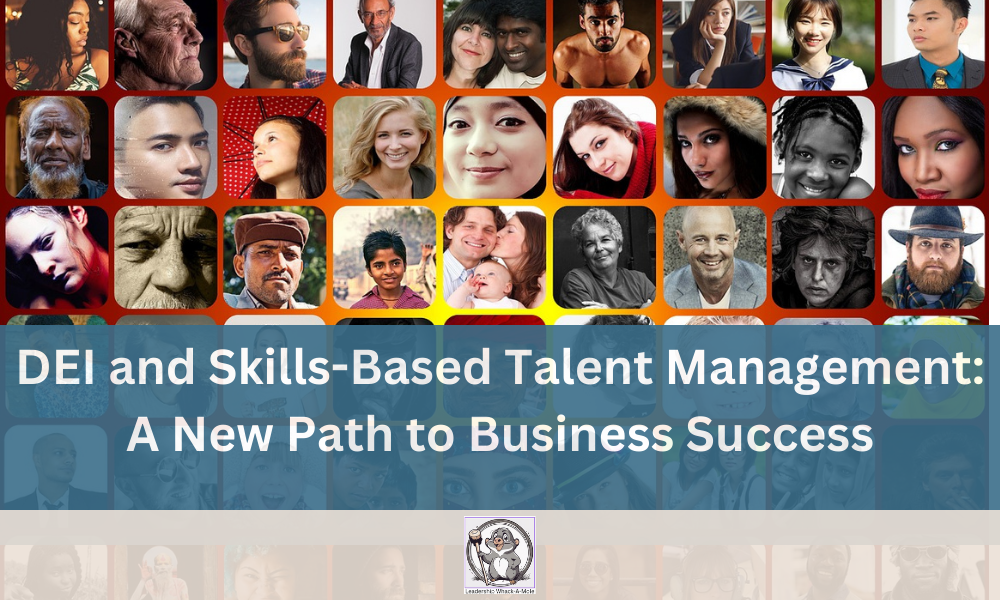I have frequently heard from leaders that it is sometimes more difficult to engage in performance improvement conversations with their subordinates than it is to fire them.
Decades of research show us what the future looks like for business leaders. Chaotic changes in the company’s markets and the environment are redefining the role of senior leaders.
Neither my managing executive nor I had a clue that the results of my review were putting me in the bottom half of the organization’s human talent!
In the modern world of talent acquisition, we've seemingly left no stone unturned in our quest to perfect the art of selecting the right people for the job. But despite the vast number of tools and methods at our disposal—personality tests, aptitude assessments, behavioral analysis, achievement tracking, and more—it often feels like we’re still struggling to make the right choices.
As human beings we naturally resist change regardless of the size and significance of the change being faced. Our often-painful reality is that change occurs every minute, every hour, every day, and during every cycle in our lives and organizations.
As leaders, it raises the question about how much change and how frequently we initiate change in our businesses, given that our natural human instinct is to grasp predictability, stability, and emotional comfort. We can recognize that our competitive environment continues to change, our customers and clients’ expectations continue to change, and that if we do not respond appropriately to those changing conditions, we potentially risk losing our businesses and sources of income.
The value of purpose in the workplace extends far beyond turnover reduction and profitability, influencing employee engagement, organizational culture, and overall business success. This blog explores how cultivating both individual and organizational purpose offers substantial benefits for both employees and companies.
The intent of this blog is to highlight how skills-based talent management can complement principles supporting DEI, enhancing organizational performance and fostering a more inclusive workplace.
Diversity, Equity, and Inclusion (DEI) has become a frequent topic of conversation, particularly in political and ideological contexts.
BlogRic Shriver2025-03-13T07:35:46-07:00

